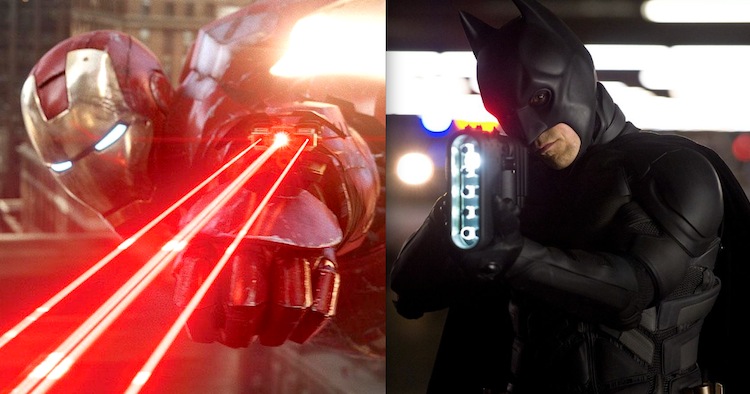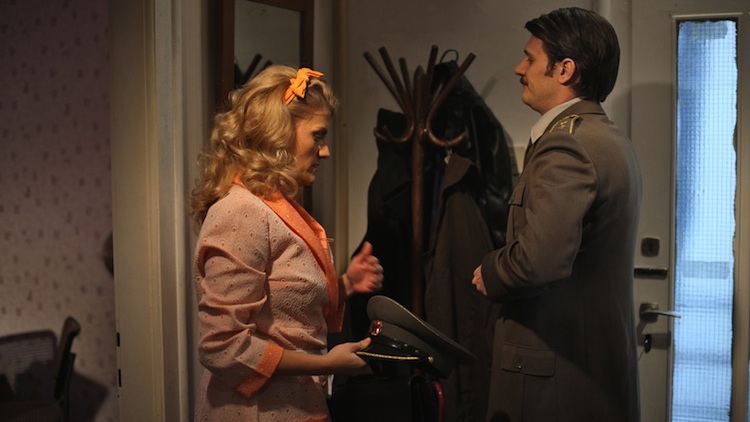
[Editor’s Note: the piece below was featured today on the front page of The Atlantic.]
Digital moviemaking is on the rise, but some high-profile directors still shoot popcorn flicks the old way.
By Jason Apuzzo & Govindini Murty. This summer, Hollywood’s blockbusters are engaging in a high-stakes format war between cutting-edge digital technology and old-fashioned, photochemical film. Digitally photographed thrillers like The Avengers, Prometheus, and The Amazing Spider-Man will be battling it out with equally epic movies shot on film such as The Dark Knight Rises, Men in Black 3, and Battleship. Indeed, no summer in recent memory boasts so much variety in terms of how films are photographed and exhibited.
Yet with studios looking to trim costs on increasingly expensive “tentpole” movies, traditional celluloid film—easily the more expensive of the two formats—may be on its way out as the cinema’s medium of choice. Still, advocates of film continue to make compelling arguments about why theirs is the more enduring medium, even as both sides pull out their biggest guns this summer in an effort to prove definitively the commercial value of their respective formats.
Right now, advocates of film have numbers on their side. Of this summer’s major blockbusters, more were shot on film than digitally. Aside from The Dark Knight Rises, Men in Black 3, and Battleship, other summer tentpole movies filmed photochemically include Snow White and the Huntsman, G.I. Joe: Retaliation, and The Bourne Legacy.
But digital technology has the momentum and the prestigious advocates who will likely help it win out eventually.
For the rest of the article please visit The Atlantic.
Posted on May 14th, 2012 at 1:32pm.


